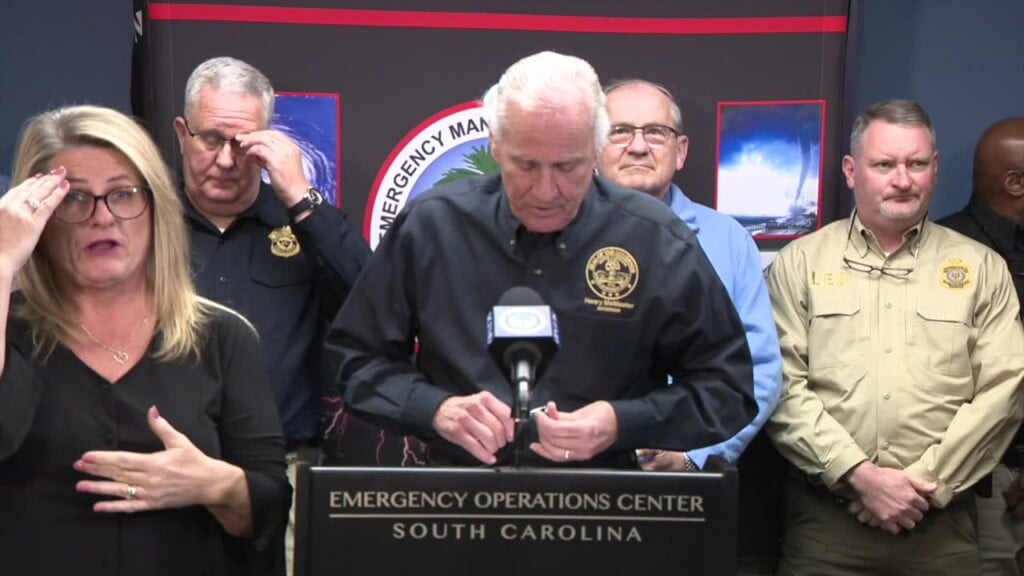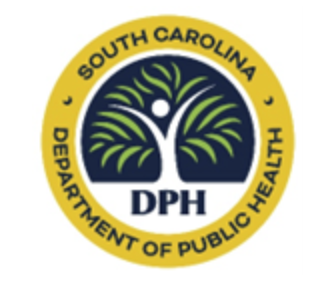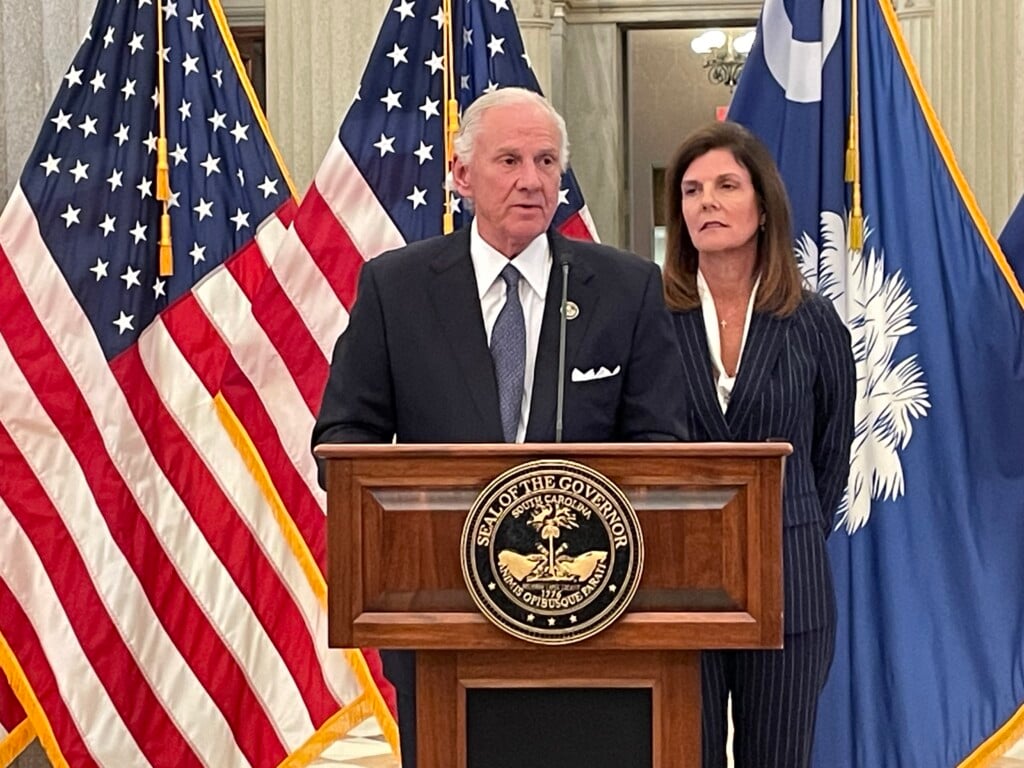‘It breaks my heart’: Hearing on proposed total abortion ban scheduled for early October

FILE – Protesters gather outside the state house in opposition to a proposed abortion ban debated Tuesday, Aug. 30, 2022 by the South Carolina House of Representatives in Columbia, S.C. (AP Photo/James Pollard, file)
(WCIV) — In early October, a proposed Senate Bill seeking a total abortion ban for South Carolina will have a public sub-committee hearing.
Senate Bill 323, also called the ‘Unborn Child Protection Act,’ would repeal current safeguards under the state’s current six-week abortion ban, change legal definitions, and could create new implications for contraception and fertility treatments like In-Vitro Fertilization.
“It creates a total abortion ban with almost no exceptions. The exceptions for rape, incest, and fetal anomaly are repealed,” said Matthew Butler, an advocacy strategist with the ACLU of South Carolina.
The bill is sponsored by Republican state Sens. Richard J. Cash of District 3, Billy Garrett of District 10, and Rex F. Rice of District 2.
News 4 reached out to the Senators for comment on the bill, and as of publication, has not heard back.
The bill was introduced to the state Senate in February 2025 and has been working through sub-committees outside of the regular session, likely to become a top priority for lawmakers in January 2026.
“The restrictions that we already have in South Carolina are already causing so much pain for mothers and families and people who want to start families and this state. And this is just going to exacerbate that,” said Charleston mother Tori Nardone.
Nardone is no stranger to the emotional turmoil and legal complexities of South Carolina’s current abortion laws.
“I had to leave the state of South Carolina to get an abortion because we learned that as I entered my second trimester of my second pregnancy, our daughter had a fatal fetal anomaly,” Nardone said. “She was going to die either at birth or moments after. They were shocked. I hadn’t miscarried yet.”
While under the current law it would warrant a legal abortion, doctors were unable to retrieve physical evidence of the anomaly, forcing Nardone to seek essential health care outside of the state.
“It’s not enough to have an expert opinion and an expert word. You have to have the medical, physical evidence,” explained Nardone. “There’s just nothing worse than feeling disregarded and disrespected in a state that you’ve chosen to call home and chosen to start a family and raise a family in.”
Under SB 323, a story similar to Nardone’s could carry different implications.
The bill defines life beginning at conception, equating abortion with homicide, which prosecutors say could carry up to a 30-year prison sentence.
The bill also makes it a felony for someone to share any information regarding how to obtain an abortion with a pregnant person and possibly criminalizes leaving the state to receive one.
“So not only could I not get the help I needed, but I also wouldn’t be able to leave the state to get the help I needed,” Nardone said. “And anyone who helped me, my husband, who drove me, my mother-in-law, who watched my son, would be a criminal under this law.”
The ACLU says it raises concerns regarding a person’s First Amendment rights.
“We have concerns about the impediment it puts on free speech,” Butler said. “It would make it a felony to aid and abet an abortion, including by simply providing information about abortion or referral for an abortion. This does open the door to restrict birth control.”
“It’s not your typical abortion ban,” added Ashley Lidow, the chief strategy officer for the Women’s Rights and Empowerment Network. “This is something truly that everybody in our state could be criminalized under if they’re supporting people who may need healthcare, whether it’s abortion, miscarriage management, or even access to contraception later on.”
The new language could also criminalize a mother who suffers from a miscarriage or stillbirth.
“When you’re looking at our laws and you’re looking at child abuse, when you’re looking at homicide, any of the kind of criminal laws that we have in other places, a prosecutor and in this case also the attorney general can apply those to the definitions to the statute,” explained Lidow. “I would say the implications for how many layers of new law this is, it is not just a total abortion ban but truly understanding the chilling effects of other components of law. The fact that they truly are trying to criminalize women who are seeking healthcare.”
In 2024, a 22-year-old Orangeburg woman was arrested and charged with Homicide by Child Abuse after suffering a miscarriage. The charges were dropped after a grand jury declined to indict her.
Under SB 323, Lidow worries cases like this will become more common.
“It’s not actually a new legal theory to criminalize pregnancy outcomes here in our state of South Carolina, but it would increase it,” Lidow said.
Advocates also raise concerns about implications for contraception and IVF, Butler saying, “we only have to look at cases out of Alabama from a couple of years ago to see how these things may or may not play out.”
“This bill changes the definition of legal contraceptive,” Butler said. “We are not certain how this bill will have full effects on birth control, whether IUDs, intrauterine devices or hormonal birth control, or other types of contraceptives that are currently on the market. Would those become illegal under this bill?”
Butler and Lidow also foresee the state’s current deficit in OBGYNs worsening.
“We are going to see probably more medical professionals leave the state who specialize in the care of pregnant women,” Butler said.
“It breaks my heart for other aspiring moms and other moms who want to grow their families, who are simply just terrified to do so in this state,” Nardone said. “I’m cautiously optimistic. I’m hopeful that people will speak up and speak out and fight back against this bill. I don’t know how they are going to keep women and families in South Carolina otherwise.”
Lidow says the Medical Affairs Sub-Committee hearing is the only time the public can share testimony on the bill.
The hearing is scheduled for Wednesday, Oct. 1, at 9:30 a.m. in the Gressette Building, Room 105 at the Columbia Statehouse.


